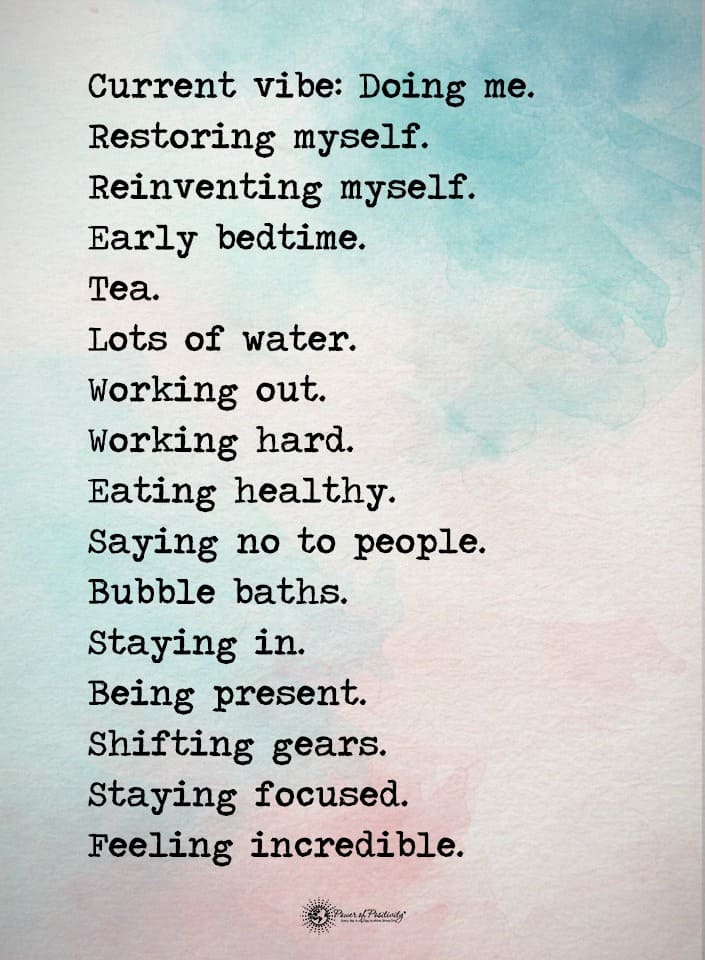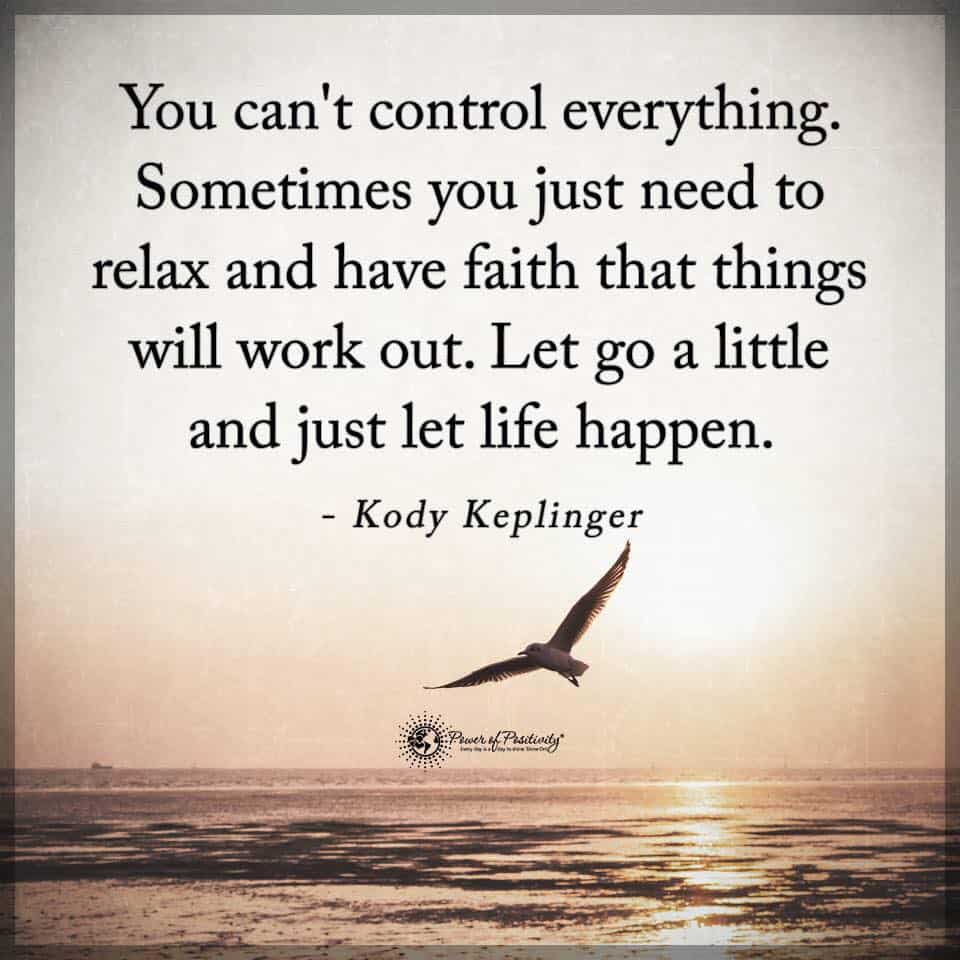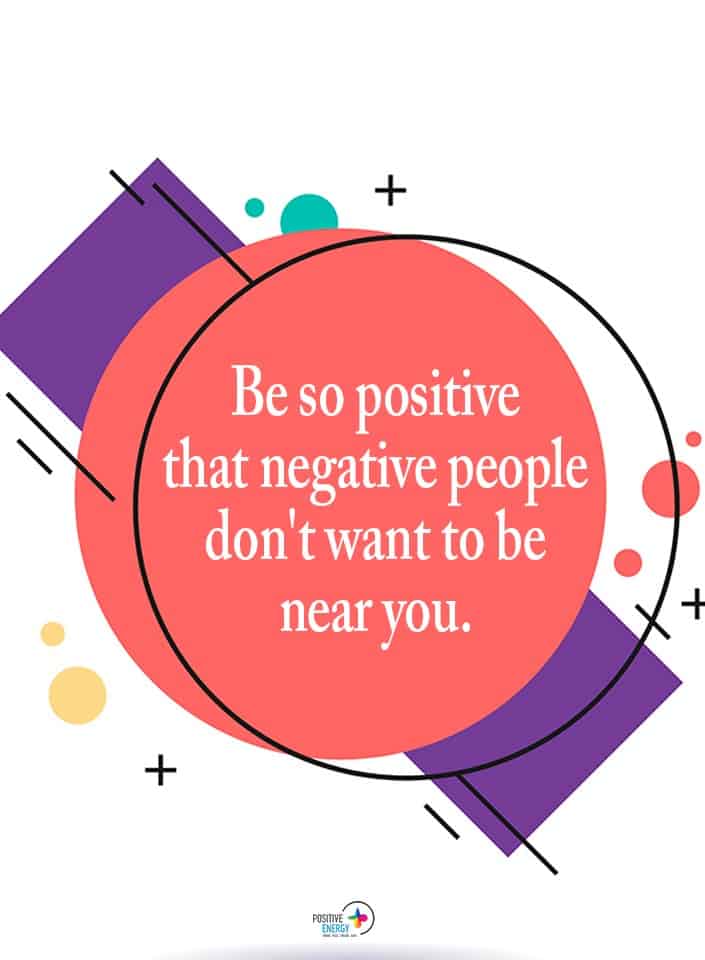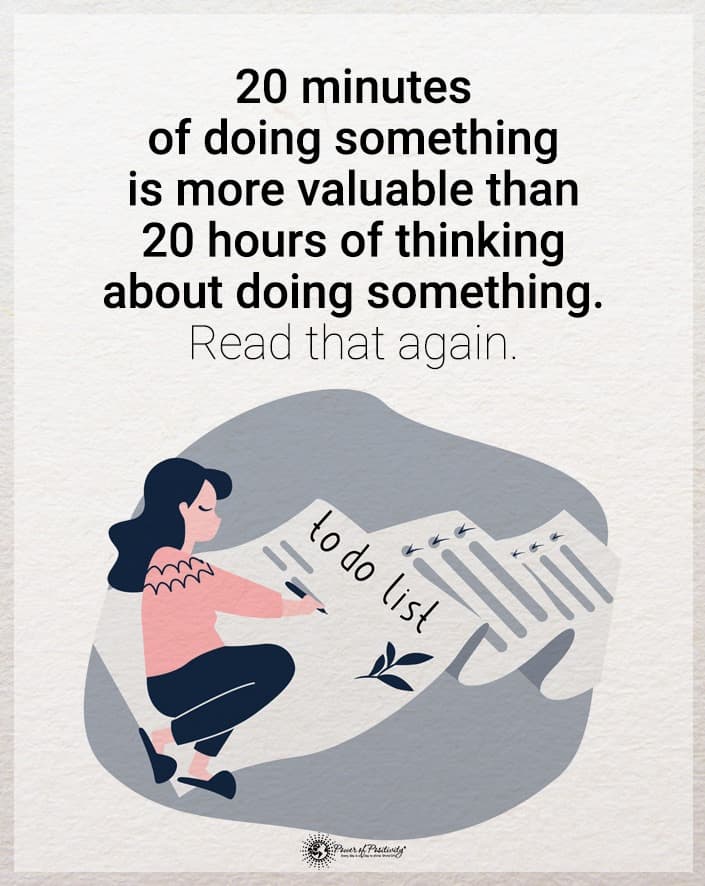Have you ever wondered if there are any implications to being sedentary? Have you ever felt like the more you sit around, the worse you feel in all areas of your life? Do you want to know the connection between a sedentary lifestyle and unhappiness?
With everything happening in the world, people are more sedentary than ever, like people gravitating towards remote jobs. Fewer jobs involve physical effort, and people mostly sit in an office chair from nine to five. There is less and less time in the average individual’s life to engage in physical activities. Finding time to schedule a gym session between all your responsibilities is hard. But this lifestyle is very unhealthy, not only from a physical standpoint but also from a mental one. So, why is sedentarism so bad, and how can you avoid being negatively impacted by it?
What Is Sedentarism?
Sedentarism is a behavior consisting of lower levels of physical activity. Any activity involving sitting, reclining, or lying down is considered sedentarism. Most people live a sedentary lifestyle and cannot meet specific physical activity guidelines. For example, the American guidelines suggest that adults engage in 150 minutes of physical activity each week to be considered active.
A paper from 2017 by the Sedentary Behaviour Research Network shows that only 21 percent of adults meet the necessary guidelines. Further, only five percent of people do more than thirty minutes of physical activity daily.
Many people fall into the sedentary trap because they have the illusion of being active. They have busy days filled with work, but that doesn’t inherently mean they are active. You are still sedentary if you wake up, drive to work, and spend your day sitting at a desk. While you might be intellectually active, you aren’t physically active.
6 Ways A Sedentary Lifestyle Can Cause Unhappiness
So, how is a less active lifestyle related to your physical and mental well-being? And what can you do to become more active in your daily life?
1. A Sedentary Lifestyle Places A Strain On Your Physical Health
Many people tend to brush off the risks associated with being sedentary. As long as you have a healthy diet, being a little sedentary can’t be that bad, right? Being passive and sitting around all day long can affect your health in the long term.
Inactivity and metabolism are closely intertwined. Because of this, sedentary lifestyles impair the body’s ability to break down fat and regulate blood pressure and blood sugar levels. This outcome means that sedentary people are at a higher risk of developing obesity, type 2 diabetes, cardiovascular diseases, and certain types of cancer. Studies have found that long periods of inactivity are one of the causes of early death.
Besides the long-term effects, there are also adverse effects that you can feel daily. You will burn fewer calories, thus gaining weight. Your bones get weaker, and you lose muscle strength and endurance. Besides that, your immune system weakens. Overall, you will feel unwell more often than not. Feeling physically weak is bound to make you feel unhappy with yourself.
To avoid encountering these issues, you need to start getting into shape. Especially essential exercises are cardiovascular exercises, such as running, cycling, or even walking. Strength training can also be beneficial to get you out of this sedentary lifestyle. Research suggests that three 30-minute runs and two 30-minute strength-training sessions per week are enough to meet the guidelines for an active lifestyle.
2. Makes You Feel Unmotivated
It’s fascinating that, no matter how much you might want to get moving, you often feel like you can’t. Getting out of bed can seem like a daunting task most days. The human brain favors sedentarism over more dynamic behaviors.
The brain needs to conserve energy, and passive tasks need little to no energy. On the other hand, active behaviors need a much more considerable amount of energy. The more time you spend being sedentary, the more energy the brain will consume to get you out of that rut. Once you give in to the desire to become a couch potato, that can be detrimental to your motivation to do things. Your brain will fight you to keep you from getting up and consuming energy.
This creates a vicious circle. You are a little sedentary, which makes you unmotivated, which leads you to be even more sedentary, and so on. And losing mot spreads to all areas of your life.
To avoid falling into this rut, you must ensure your schedule is also busy and always involves physical activity. Start walking to work if that’s possible. Make a gym membership and start going a few times a week. Force yourself to start doing things. Once you start taking care of your body, your brain will get used to consuming energy, thus allowing you to be motivated once again.
3. A Sedentary Lifestyle Affects Your Memory
Many people would never associate sitting too long with decreased brain health. Most people don’t even think about their brain health anyway. But the truth is your brain health can take a toll because of sedentarism.
While dementia and other memory issues strongly correlate to genetic factors, studies have found that a lack of exercise can have a similar effect. A study was done on more than 16,000 adults over 65, and researchers found that lack of exercise increased the risk of developing dementia.
In addition to this research, a study conducted at UCLA showed similar effects. Researchers recruited 35 people and gave each person an MRI scan. This scan detailed the medial temporal lobe, or MTL, involved in memory formation. The more inactive people became, the thinner the brain regions involved in constructing new memories. In the long run, being unable to remember certain things will affect your general mood.
So far, the only solution to this issue is increased physical activity. Following the guidelines provided by health organizations are the only way to avoid a cognitive decline.
4. Keeps You Away From Society
While it might seem like you can stay connected to people from the comfort of your home, that’s not entirely true. The more inactive you are, the less likely you will keep in touch with people.
A sedentary person does the bare minimum daily. Because of this, their interactions are limited to work colleagues, family, and immediate friends. If you stay at home all day, it can be difficult to create new, meaningful relationships with people.
The circle of people you know stays the same. You don’t have the opportunity to meet new people, and you become isolated. Even the people closest to you will drift further and further away. Your bond will weaken if you never see your friends face to face.
You need to get out in the world to ensure you have enough social interaction. You need to see people face to face and have common activities. The best way to ensure you don’t become isolated is to start being active. Try new hobbies, especially if they involve physical activity. Maybe pick up a sport or get a running buddy. By putting yourself out into the world, you also allow yourself the opportunity to meet new people and create new connections.
5. A Sedentary Lifestyle Increases Stress Levels
While research is limited on this topic, the body of evidence suggests that a sedentary lifestyle is linked to higher stress levels.
One of the main correlations between stress levels and a sedentary lifestyle is the use of technology. On average, more sedentary people spend more time in front of screens. This can induce the feeling of addiction, which is a stressful feeling for all people. Moreover, sedentary people tend to do less with their time.
This can make people spiral as they feel like they’re not doing enough. As you sit around, the weight of your responsibilities becomes more and more unbearable. Additionally, the weakness of your body takes a strain on your mental health. As you start to feel weaker, you feel less in control of your life, of your actions, thus increasing the amount of stress you feel.
If you start to become stressed because of the increased levels of sedentaryism in your life., chances are you need to get out in the world and start being active. Schedule weekly activities that require physical strength. Once you start getting in shape, stress levels will decrease.
6. Leads To Depression And Anxiety
The main area that is affected by sedentarism is your mental health. Once you become a couch potato, the likelihood of you experiencing depression or anxiety is much higher.
The main reason for this issue is hormones. They play an essential role when it comes to balancing out your mood. The primary hormone involved in this process is serotonin. When it isn’t released, it leads to depression and anxiety. So when you lay around all day, the likelihood of your brain releasing serotonin is much lower.
When you’re inactive, your brain doesn’t release serotonin. Thus, you become depressed. And when people are feeling anxious or depressed, they are less likely to engage in physical activity because they don’t find the strength to do so. This creates a vicious cycle that can only be broken by physical activity.
When you’re feeling down, even if going for a walk is the last thing you might want to do, you have to force yourself to do it. Engaging in any form of physical activity will boost your mood.
Final Thoughts On How A Sedentary Lifestyle Can Cause Unhappiness
Having a sedentary lifestyle might seem inevitable in the context of today’s world. But having such a lifestyle can be harmful and can cause you unhappiness. It takes a toll on your physical health, on your mental health, on your relationships, and just about every area of your life.
The only way to break out of this rut is to force yourself to become active. Schedule physical activities in your weekly calendar. Try to pick up hobbies that involve exercise, even a simple walk. Once every couple of days can do the trick. Once you become more active, you will see improvements in all areas of your life.





















